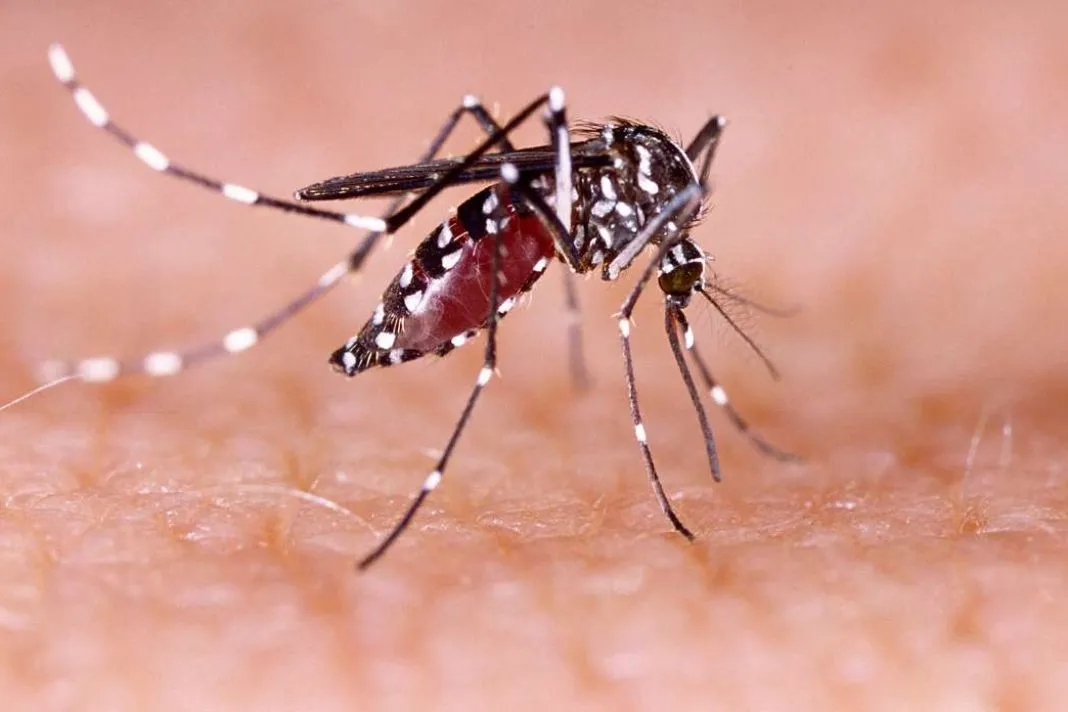As forever in the summer months, conditions with the West Nile virus ( WNV ) are growing in Europe this year. This involves southern holiday provinces such as Italy, Greece, and Spain.
According to the European Centre for Disease Prevention and Control ( ECDC ), the seasonal growth in West Nile fever is “already in full swing”. Demises have even been written. Reason adequately for holidaymakers and those producing from travels to update their understanding about the illness.
What is West Nile Fever?
West Nile fever is a viral disease that is usually transferred to people by mosquitoes. The pathogen – the West Nile virus – appears in diverse regions on all mainlands, reports the Federal Center for Health Education ( BZgA ). The virus has long been transferred in the summer, in southern Europe.
Initially, the West Nile virus was just overall in tropical areas. Consequently, West Nile fever is one of the ” unknown communicable diseases,” as stated by the Federal Ministry of Health. The virus has been increasingly caught in other regions of the world, since the 1990s.
Can Humans Also Transmit the Virus?
No. As is said by the Federal Ministry of Health, people and mammals can catch the virus but they are not capable of transferring them.
“Unlike many other communicable diseases, disease with the West Nile virus does not occur via intimate contact with infected individuals or animals,” the church said.
West Nile Fever – What are the Symptoms?
Possible manifestations include flu-like manifestations and skin inflammations. Rarely does, a rash of the brain, meninges, or other organs develop.
According to the Federal Ministry of Health, conditions often stay without signs. About one in five infected individuals experience an attack of West Nile fever, which usually prevails three to seven daytimes.
How Can I Protect Myself?
Since there is presently no immunization against West Nile fever, the most suitable prevention against the disease is a good defense against mosquito bites.
The Federal Ministry of Health thus reports:
- Wear long-sleeved canopies and extended pants outdoors
- Stream yourself with anti-mosquito spray including the functioning components DEET or Icaridin/Picaridin
- preferably remain indoors at night and in tight windows without insect nets
- Fit windows and doorways with insect nets
- Without mosquito breeding environments such as rain barrels and birdbaths once a week
Where Are the Cases?
By the end of July, eight nations in Europe had already registered a total of 69 cases of such an illness in humans. Additional areas are involved in these countries.
Are There Cases in Germany?
In addition to infections among producing visitors, diseases have even been reported since 2019 in which the infection was shipped by mosquitoes in Germany.
The explanation: Due to climatic differences, the West Nile virus now encounters adequately favorable circumstances in Germany. “It is to be desired that WNV will become more selected in Germany,” reports the Robert Koch Institute ( RKI ).
What Other Pathogens Do Mosquitoes Transfer in Germany?
From the RKI’s issue of opinion, there are two distinguishable challenges in Germany: First, The West Nile virus, which is transferred by domestic mosquitoes, is spreading especially in regions of eastern Germany.
Second, the Asian tiger mosquito persists to circulate, especially in regions of western and southern Germany. It can “in regulation share Chikungunya, Dengue or Zika viruses”. Nevertheless, so far no diseases transferred by it have been reported in Germany.






